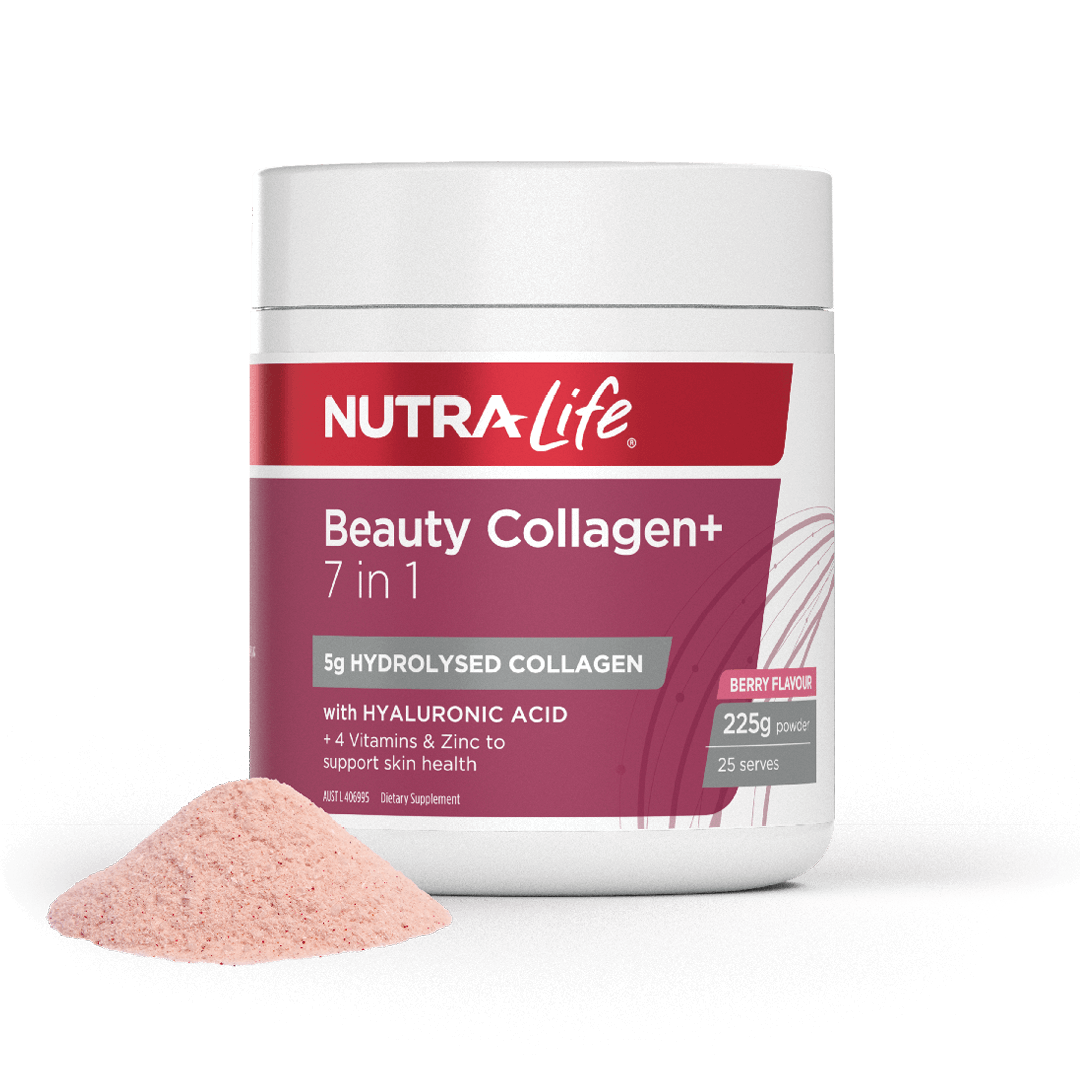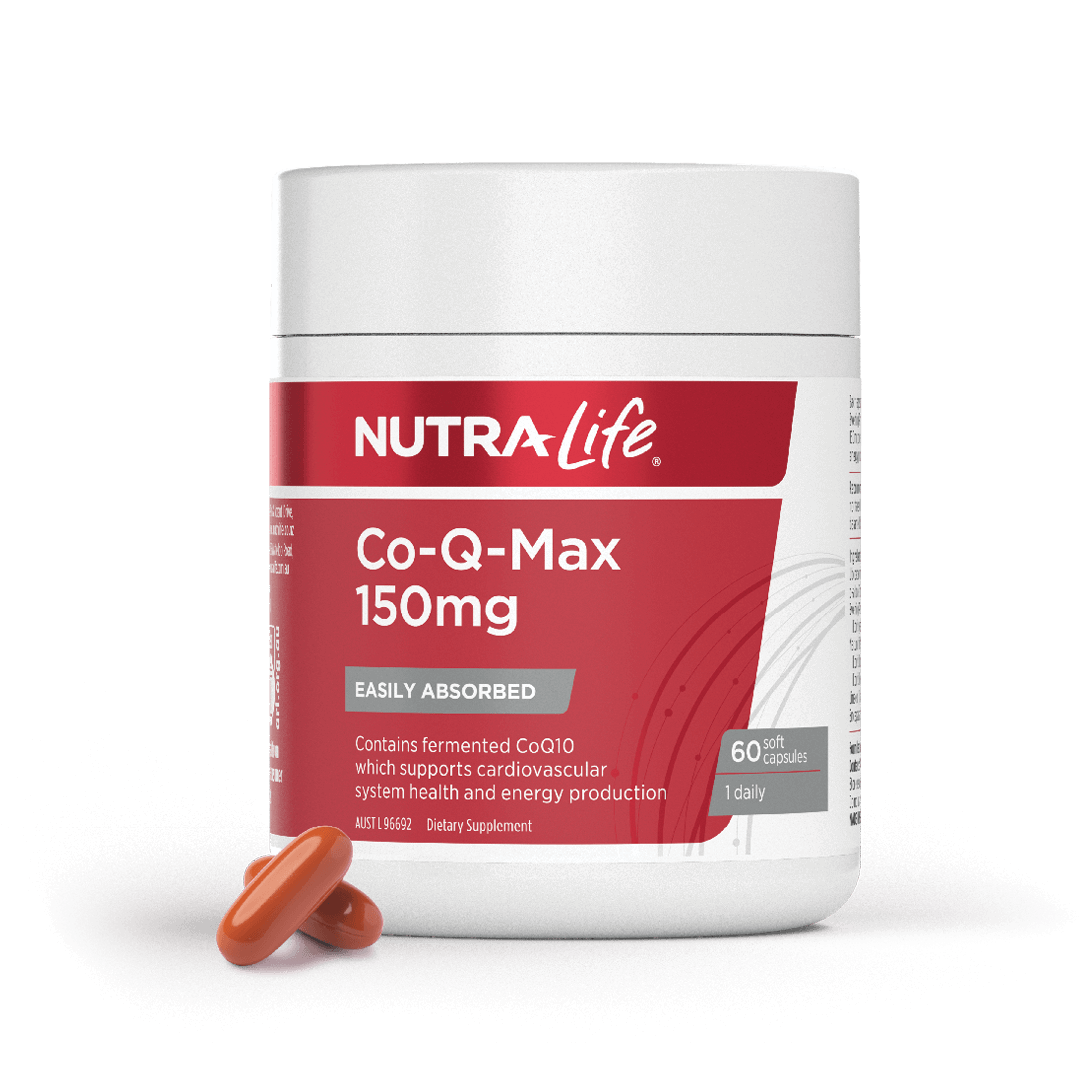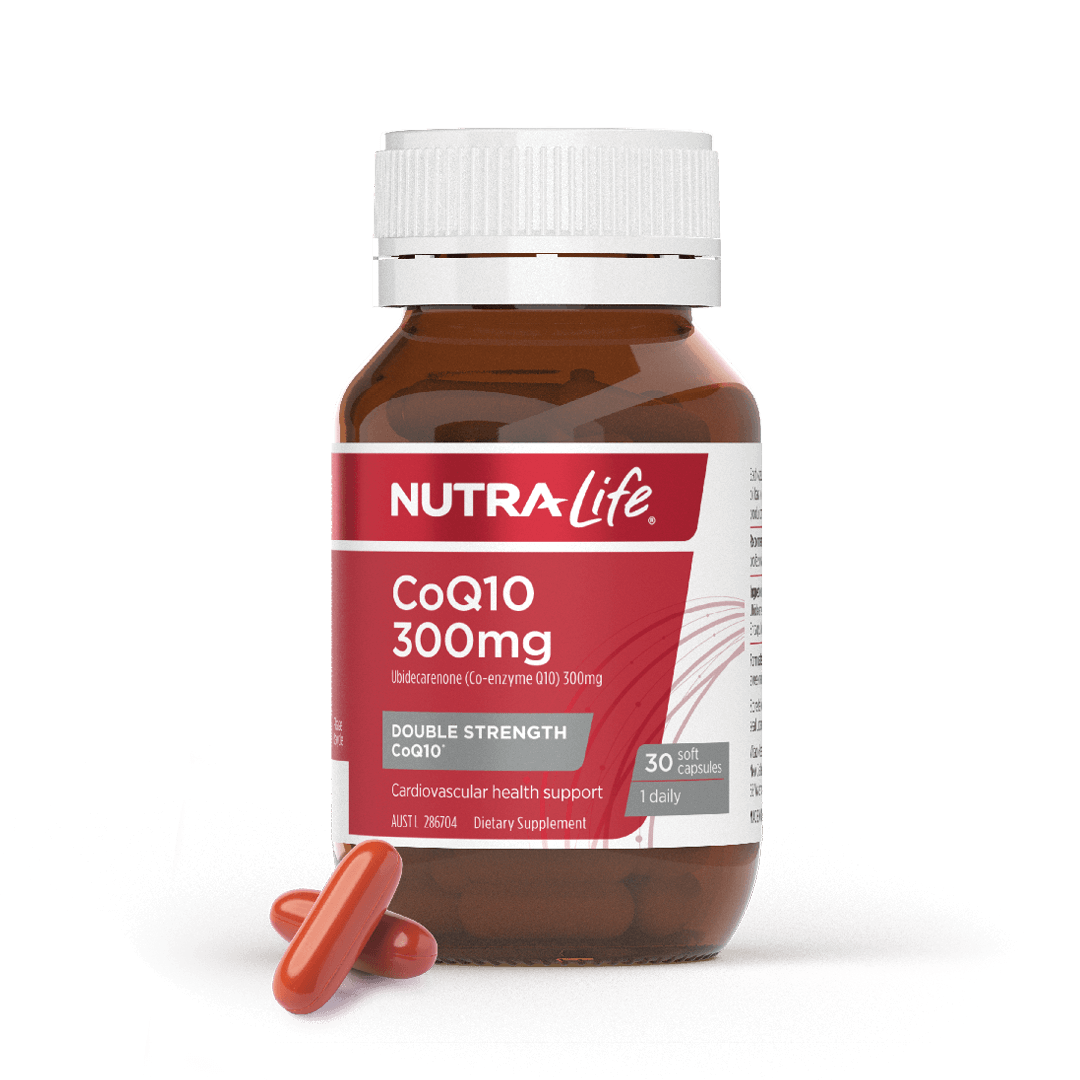Sleep
What Happens To Your Body If You Don't Get Enough Sleep
Nutra-Life Nutrition Team

Best Sellers
Start here
-
 Bundle Save 40% Earn 76+ Points
Bundle Save 40% Earn 76+ Points -
 Bundle Save 40% Earn 62+ Points
Bundle Save 40% Earn 62+ Points -
 7 in 1 formula Earn 32+ PointsBeauty Collagen+ 7 in 1High strength hydrolysed collagenRegular price RRP: $49.99Members: $32.49 Unlock Unlock
7 in 1 formula Earn 32+ PointsBeauty Collagen+ 7 in 1High strength hydrolysed collagenRegular price RRP: $49.99Members: $32.49 Unlock Unlock -
 Earn 23+ PointsBilberry 10,000 PlusHigh strength eye health support formulaRegular price RRP From $35.99Members from $23.39 Unlock Unlock
Earn 23+ PointsBilberry 10,000 PlusHigh strength eye health support formulaRegular price RRP From $35.99Members from $23.39 Unlock Unlock -
 Popular Earn 18+ PointsBio-Curcumin Turmeric 16,500+Relieves mild joint inflammation, swelling & painRegular price RRP From $28.99Members from $18.84 Unlock Unlock
Popular Earn 18+ PointsBio-Curcumin Turmeric 16,500+Relieves mild joint inflammation, swelling & painRegular price RRP From $28.99Members from $18.84 Unlock Unlock -
 Earn 16+ PointsSold outCelery 10,000High potency formula to help manage goutRegular price RRP: $25.99Members: $16.89 Unlock Unlock
Earn 16+ PointsSold outCelery 10,000High potency formula to help manage goutRegular price RRP: $25.99Members: $16.89 Unlock Unlock -
 In Store OnlySold out
In Store OnlySold out -
 In Store OnlySold out
In Store OnlySold out -
 Earn 23+ PointsCranberry 50,000High strength urinary tract health supportRegular price RRP From $35.99Members from $23.39 Unlock Unlock
Earn 23+ PointsCranberry 50,000High strength urinary tract health supportRegular price RRP From $35.99Members from $23.39 Unlock Unlock -
 Bundle Save 40% Earn 53+ Points
Bundle Save 40% Earn 53+ Points










